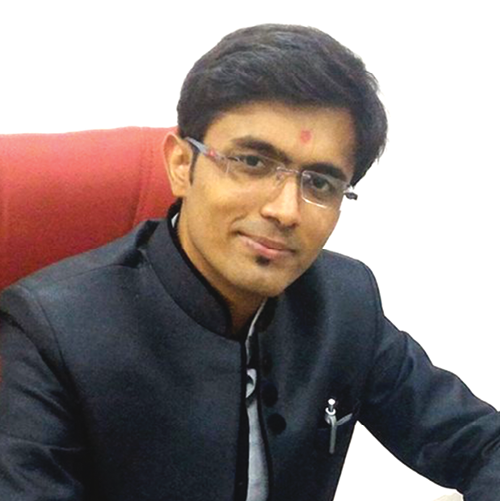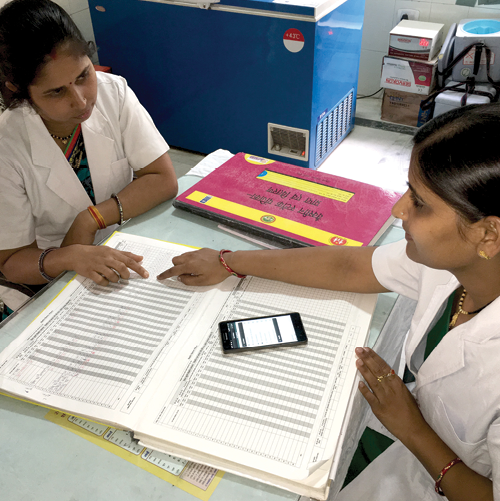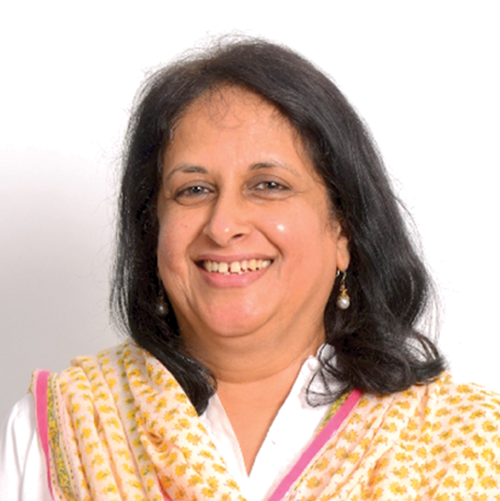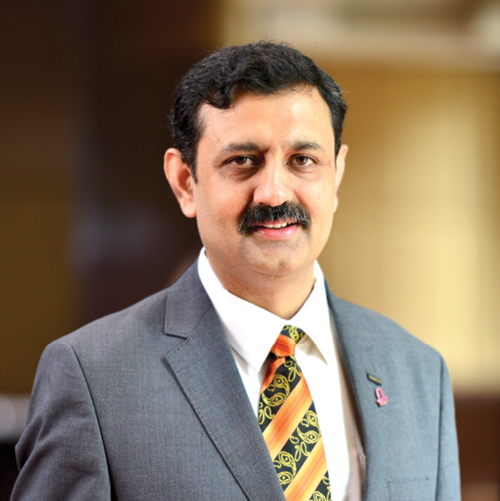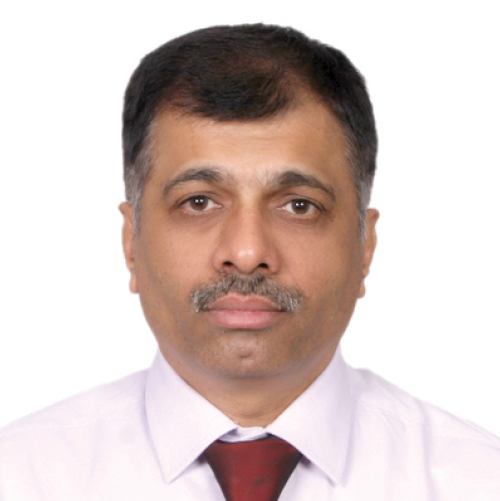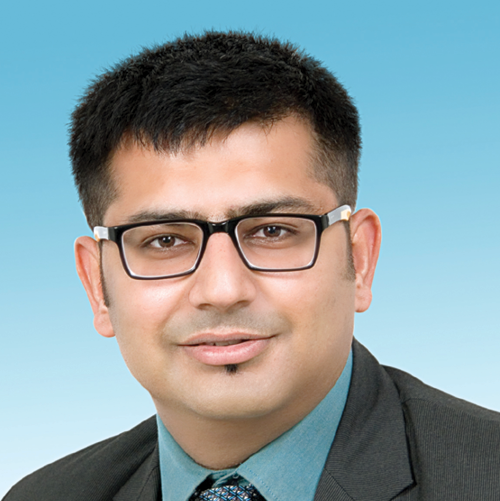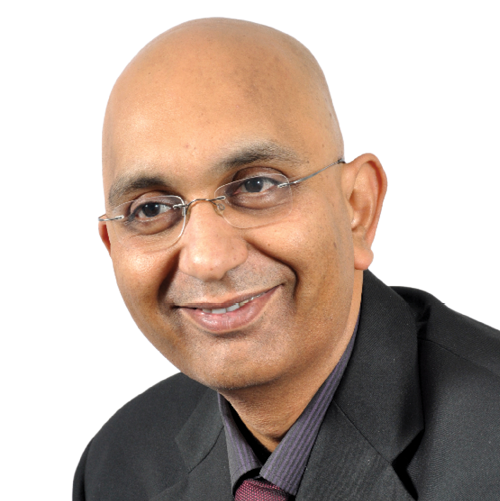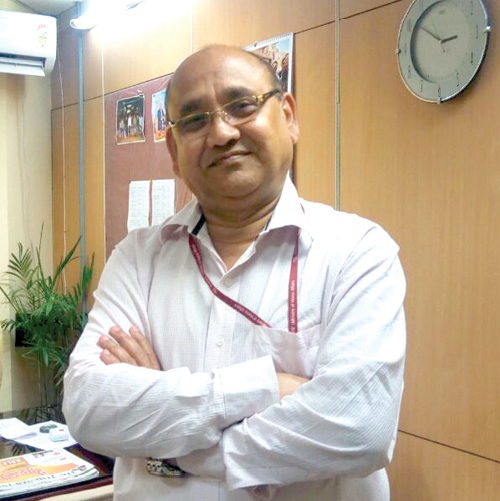
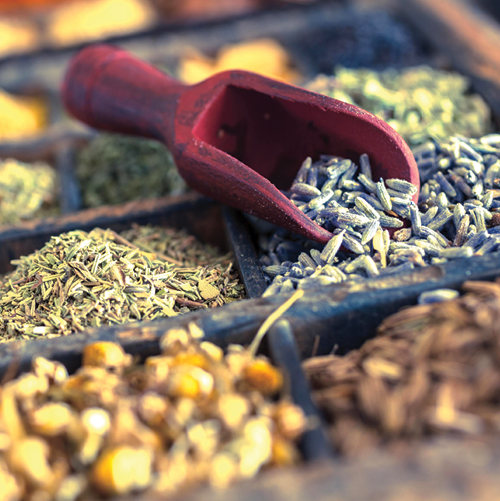 People in urban areas have realised the benefits of Unani and Ayurveda over the modern medicine system. Unani medicines are present in the kitchen of every home, says Professor Rais Ur Rahman, Advisor (Unani), Ministry of AYUSH, Government of India, in conversation with Gautam Debroy of Elets News Network (ENN). Excerpts:
People in urban areas have realised the benefits of Unani and Ayurveda over the modern medicine system. Unani medicines are present in the kitchen of every home, says Professor Rais Ur Rahman, Advisor (Unani), Ministry of AYUSH, Government of India, in conversation with Gautam Debroy of Elets News Network (ENN). Excerpts:
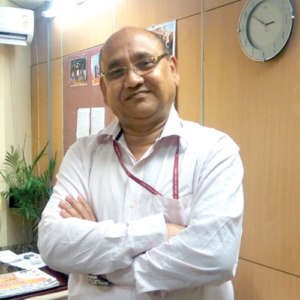 How is the Ministry of AYUSH engaged in providing healthcare across the country?
How is the Ministry of AYUSH engaged in providing healthcare across the country?
AYUSH stands for Ayurveda, Yoga and Naturopathy, Unani, Siddha and Homoeopathy system of medicine. India is the home for these traditional forms of medicines. Our country has officially recognised these six systems. The Indian government is making tremendous efforts to promote these systems across the globe. The entire world is looking towards us for the treatment of non-communicable diseases through AYUSH system. People are dying of obesity, cancer, hypertension, heart diseases, etc, all over the globe. The conventional system of medicine, i.e. allopathy, does not offer permanent solutions for these problems. The entire world is looking towards us with hope because we are treating our people through the AYUSH system for ages.
It has been in existence for the past 5,000 years. The only problem is that the global acceptance of this system is low. After our Prime Minister Narendra Modi came into power, extra attention is being paid on the AYUSH system of medicine. The first such achievement was the declaration of International Yoga Day on 21st June every year. It was acknowledged by none other than the UN. In 2015, the first International Yoga Day was organised on a grand scale at Rajpath in Delhi. That day, around 35,000 people practised yoga simultaneously, which was recognised by the Guiness Book as a world record. Rajpath was transformed into the Yogapath that day.

How is the Unani system working in India?
As far as Unani system is concerned, it is a very important component of the AYUSH system of medicines. Unani is being taught at 50 educational institutions across the country. Out of these 50, 15 are post graduate institutions. We have a wonderful research council “ Central Council for Unani Medicine “ with 23 centres all over the country for conducting research on various aspects of Unani medicines.
We also have a national-level institute at Bengaluru. This institution is spread over an area of 50 acres, imparting education at post graduate and doctorate level. We are offering treatment for those diseases where treatment is not possible in any other medicine system. Take the example of paralysis. In conventional system, there is no way to properly treat it. But we are successfully treating paralysis for the past many years. We will come out with new programmes soon to make our presence felt at the international platform.

For international recognition of AYUSH, which steps are being taken by you?
The World Health Organisation (WHO) and other such institutions across the globe do not challenge the efficacy of our system because they know these systems have survived over centuries. You can still see large queues outside the OPDs of any Unani and Ayurvedic hospital. International organisations have demanded scientific data to gauge significance of AYUSH, which we are compiling these days.
We have conducted clinical research as per the guidelines of WHO. The organisation is also concerned about the safety of the drugs we offer. Our drugs may or may not cure a person but they should not have any side effect on the patient. In this regard, we are trying to test the toxicity of every drug. Acute and chronic toxicity has turned out to be safe, and as such safety of such drugs has been established. WHO doesnt approve a drug without testing its toxicity.
The third aspect is the quality of drugs. We have herbal drugs. A Unani or Ayurvedic drug has more than 10,000 molecules all together. Every time the product is manufactured, it should have the same property and elements. To ensure the quality control, we are trying to establish the standards for drugs. When these steps are completed, the efficacy of AYUSH drugs will be proved internationally.

What are the challenges that Unani medicine system is facing in the country?
The weakest area of the Unani system is education. Educational institutions are not up to the mark, especially in the private sector. More emphasis should be laid on the appointment of teachers through eligibility tests. Similarly, students should be screened thoroughly by conducting tests. At the same time, the government should promote more research, development of equipment and machines for producing Unani medicines. The Ministry of Ayush is doing everything to promote this system.

“The weakest area of the Unani system is education. Educational institutions are not up to the mark, especially in the private sector. More emphasis should be laid on the appointment of teachers through eligibility tests.”
What is the scenario of Unani medicine system in rural as well as urban areas?
Unani medicines are present in each and every household in India. Ayurveda and Unani medicines are available in every kitchen. Take the example of haldi, we are using it for so many years. The absorption of haldi in the body is not possible without fat. If you take haldi with fat, it is a wonderful drug to prevent cancer. It is a wonderful hyper anti-lipid drug. Similarly jeera, which is easily available in our houses, is really beneficial for our health.
Due to the failure of modern medicine system, people in urban areas have realised the benefits of Unani and Ayurveda. In the modern system, you keep on taking the medicine, but the disease somehow keeps progressing.
For example, India is becoming the capital of diabetes. Despite people trying different Allopathic drugs, the disease keeps on progressing. Even after switching over to insulin, the patient has to die prematurely. So, we are focusing on such diseases. Urban population is turning to this system which is able to control the disease. Ayurveda is a way of life. Unani is the science of health and healing. So, with lifestyle changes and proper drugs, Unani is helpful in many diseases.
What is the scope of Ayush in years to come?
It will rule the world in the next 10 years. I am sure the Indian government is already undertaking a lot of initiatives in this regard. After 10 years, Ayush will be able to provide a number of solutions to the problems which conventional system of medicine is not able to provide.
Be a part of Elets Collaborative Initiatives. Join Us for Upcoming Events and explore business opportunities. Like us on Facebook , connect with us on LinkedIn and follow us on Twitter , Instagram.
"Exciting news! Elets technomedia is now on WhatsApp Channels Subscribe today by clicking the link and stay updated with the latest insights!" Click here!






